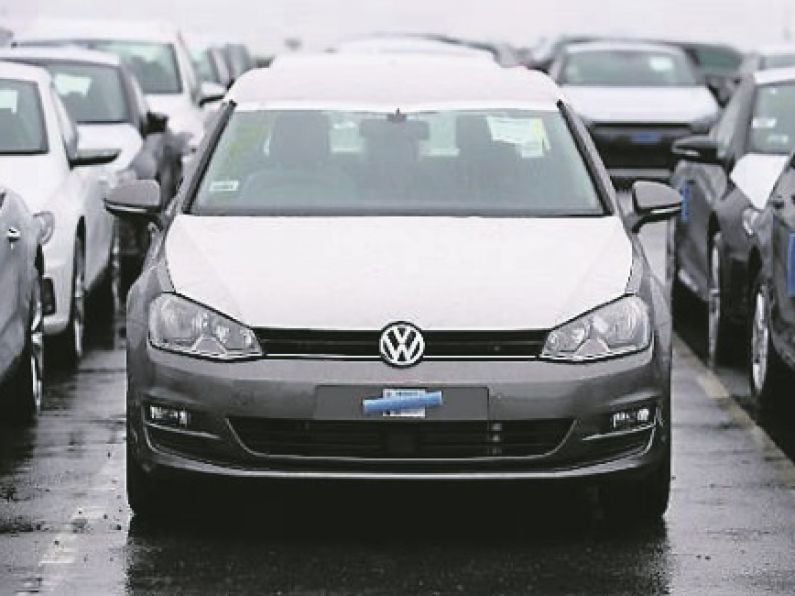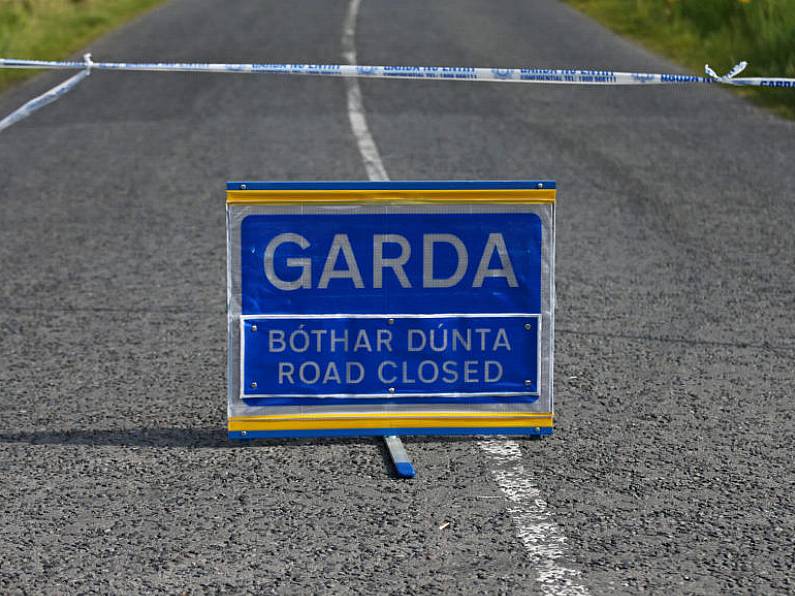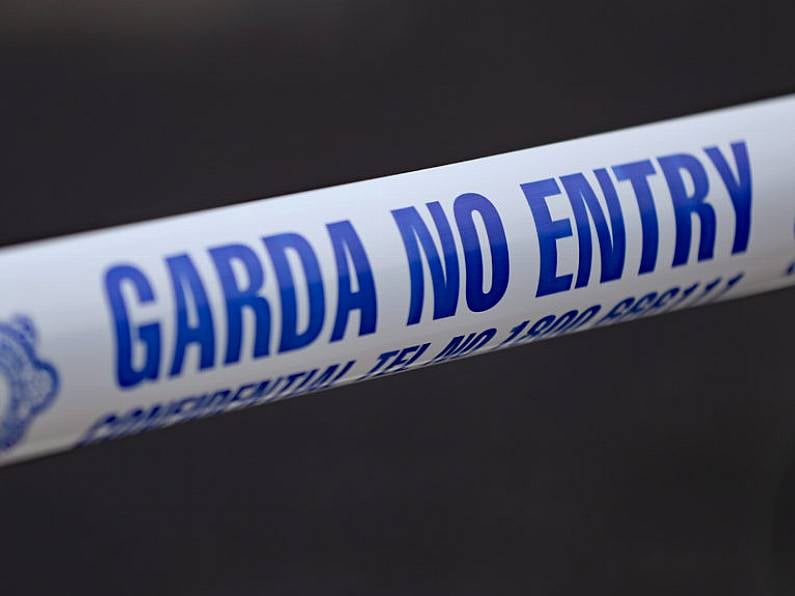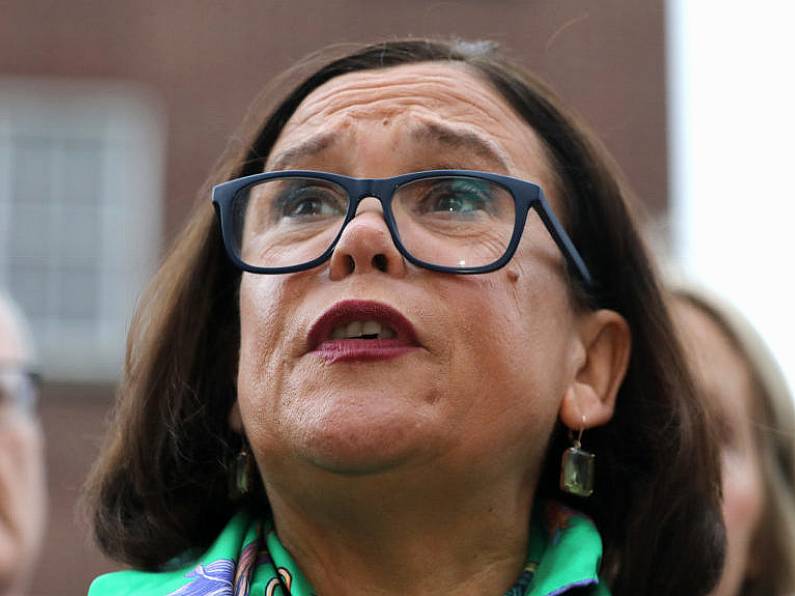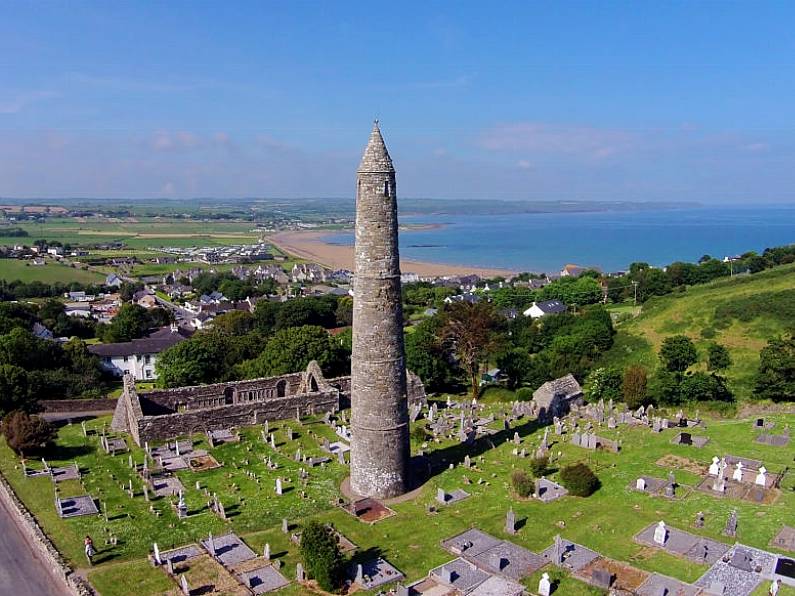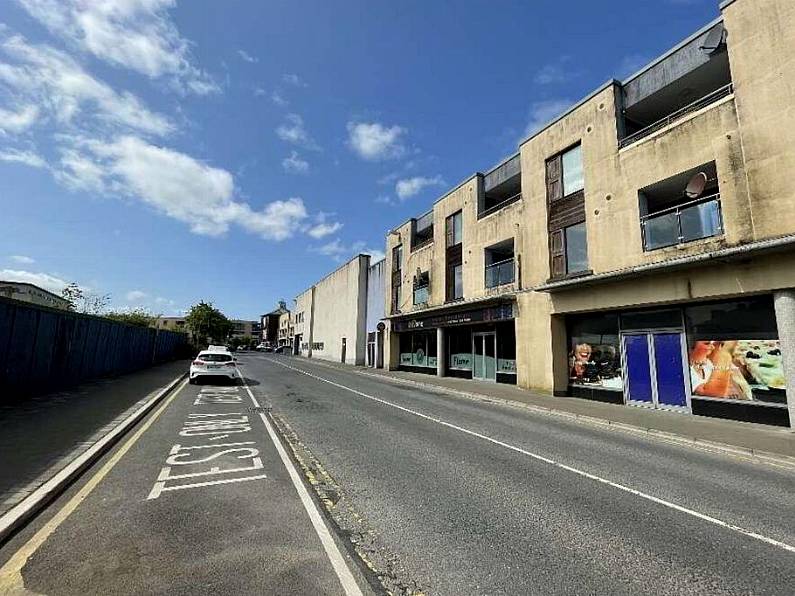Tax rises on fuel and on high-emissions new cars are part of a major overhaul of the tax regime for motorists introduced in Budget 2021.
From midnight, the increase in carbon tax by €7.50 per tonne will mean a €1.51 rise in the cost of a 60 litre fill of diesel and €20081.30 for a similar amount of petrol.
Adopting several of the recommendations of the influential Tax Strategy Group’s pre-budget review, the Minister for Finance, Paschal Donohoe, has opted to adjust the current emissions-based tax system to allow for the new international testing regime that aims to offer more realistic emissions ratings for all cars.
On motor tax on new cars, Mr Donohoe said the number of vehicle registration tax (VRT) tax bands will rise from 11 at present to 20, applying to all new car sales from January 1st. He has also adjusted the NOx surcharge bands, a tax that applies to all new cars and used imports.
With the NEDC system being replaced by a new system, known as WLTP [Worldwide Harmonised Light Vehicles Test Procedure], Mr Donohoe also plans to reform the annual motor tax regime.
Currently cars first registered prior to July 2008 are rated by engine size, while those rated after 2008 have been taxed based on NEDC emissions ratings. A third table of taxes based on WLTP ratings will apply to all new cars - and used imports - first registered from January 1st.
In terms of grants for electric and hybrid vehicles, the current allowances will expire at the end of this year. However, Mr Donohoe said that changes to the VRT system should mean these vehicles will compensate for the difference.
Reacting to the measures, Waterford car dealer Tom Murphy described them as 'disappointing'.
Tom Murphy has been in the motor industry for 42 years and is a trustee and former president of the Society of the Irish Motor Industry (SIMI) he says the emphasis on electric cars is misguided:
"They're missing the point completely, absolutely electric is coming it's on the way but it's not for everyone". He says a petrol car is far more economical for someone doing low mileage.
Tom also said he has concerns for the future of the industry as there is no incentive to hire apprentices: "and when things take a lift in two or three years, then we'll have a shortage of apprentices and it's a huge huge worry".



